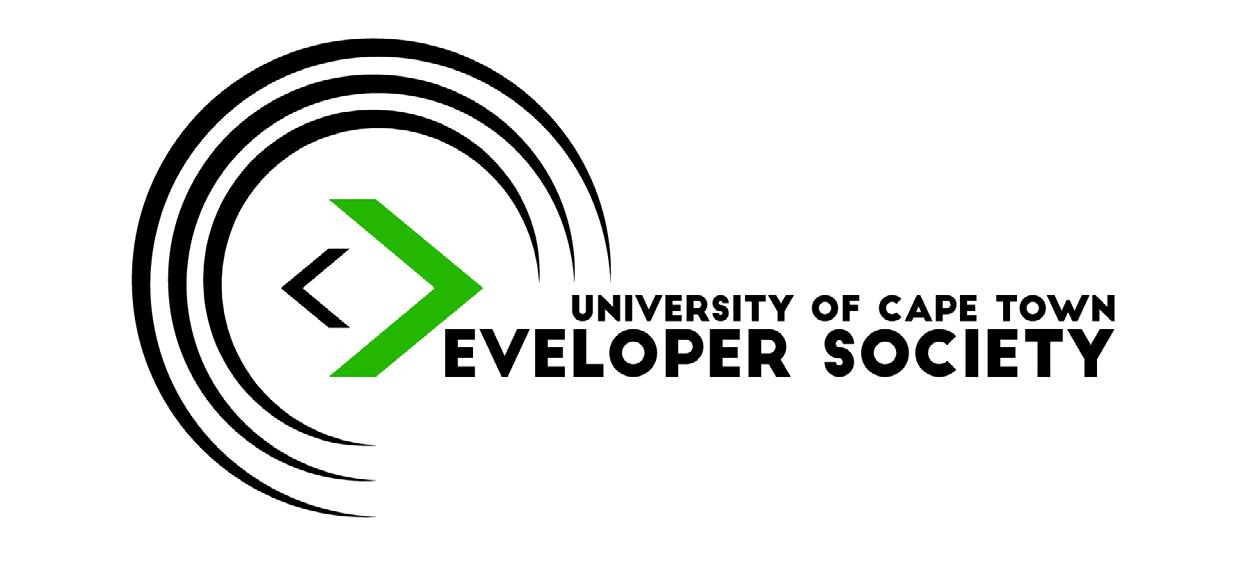}
THE CLOSING BRACKET
Understanding UCT’s Developer Community in Numbers
Edition 1 2020
Why Society Needs Ethical Developers
Page 37
Student Startup Interviews Page 50
Page 8
Inside: Career Advice from Recent Grads Page 32
UCT’s Annual Student Developer Magazine Sponsored by Electrum Payments
























